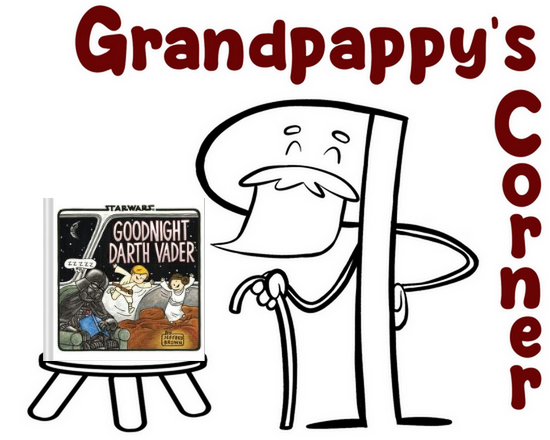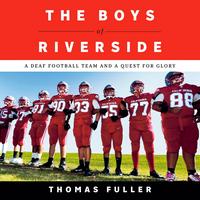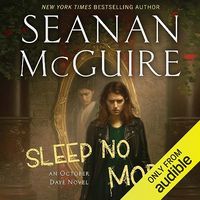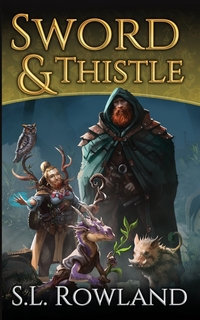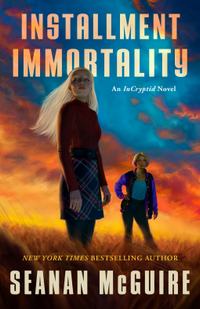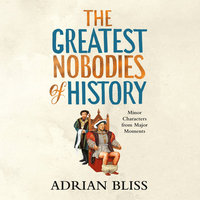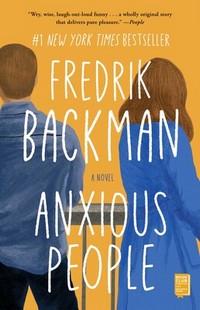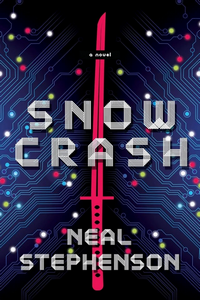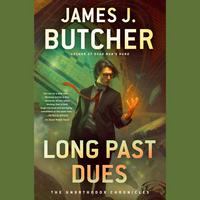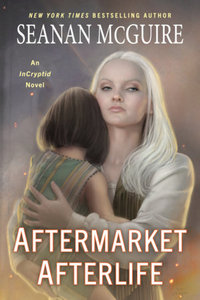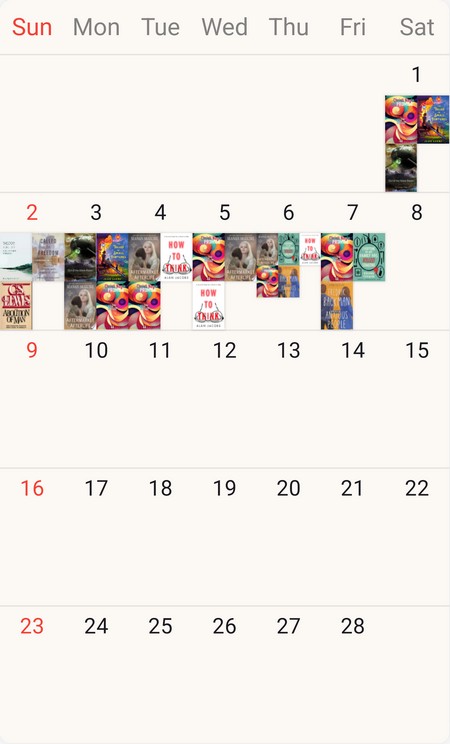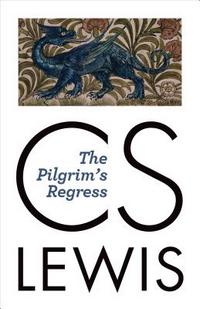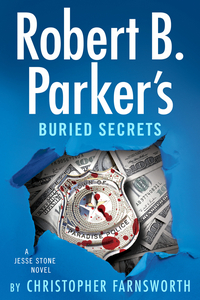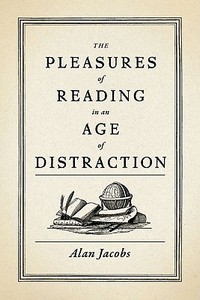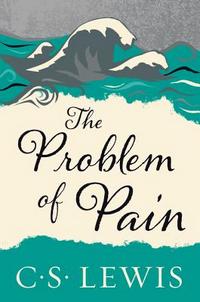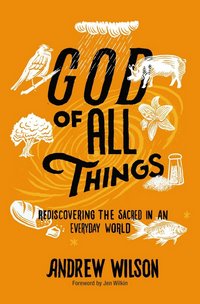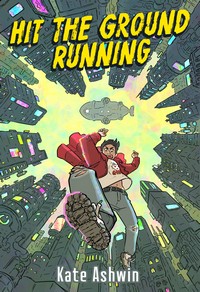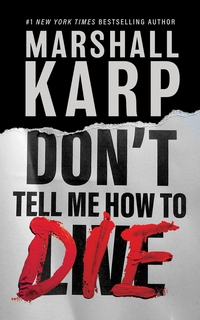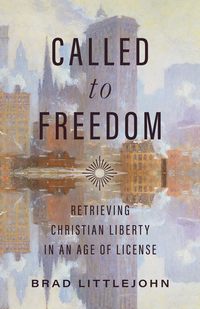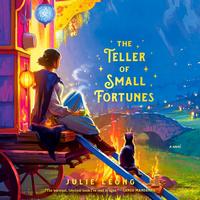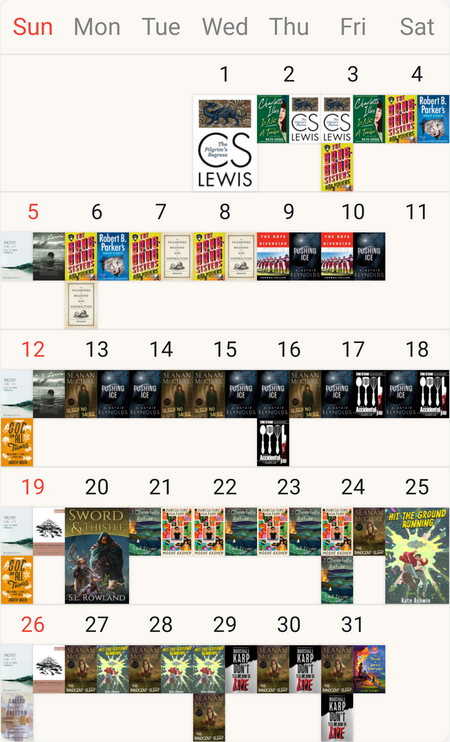This is long-overdue. But half of what I do in these posts is figure out what I think of a book—and since about 30 minutes after finishing this book, I’ve known what I had to say (although I’m pretty sure I had the title in mind since I was about 1/3 of the way in, which is a shame, because “Adventures in Babysitting” is right there). Knowing exactly what I want to say makes writing a post hard, there’s no discovery for me. But, I’ve got an ARC for the next book waiting for me, so I had to get serious about things and get this out of my head so I can dive into it.
by Seanan McGuire
DETAILS:
Series: InCryptid, #13
Publisher: Daw Books
Publication Date: March 5, 2024
Format: Trade Paperback
Length: 299 pg.
Read Date: March 21-27, 2024


What’s Aftermarket Afterlife About?
Just before I started writing this (or started again…this is something like the 15th attempt since March of last year), I took a glance at what I wrote about Backpacking Through Bedlam. This was either a mistake because I said everything there that I was about to say to start this post and now I have to come up with something new. Or it was smart because now I can cut out a lot of things and point you to that instead.
I’m lazy enough to lean toward “mistake.” But let’s see what I can do instead.
Lest we think that the Covenant of St. George in general and Leonard Cunningham in particular have just been twiddling their thumbs while we’ve been focused on Annie’s adventures (although we see some of Leonard there) or the end of Alice’s quest, we learn very quickly that they’ve been active. They’ve been gathering intelligence and plotting. The result is a shock-and-awe campaign that takes the family and their cryptid (and human) friends and allies unaware—and results in several injuries, deaths, and loss of property. Probably more damage, too.
But before we can get to that, Thomas and Alice (and Sally) arrive at the Portland-area compound for a reunion/(re)introduction. This goes so incredibly poorly that the reader will initially be relieved by the attacks because you foolishly think that means things are going to get more entertaining.
All this results in Mary, of all people, coming up with a plan to take the action to the front door of the Covenant.
Luck Runs Out
I’m not sure that I noticed it during my initial reads of the series—but in the last couple of books, as I listen to them on audio, I keep hearing about the strange luck the family has. And honestly, even if I hadn’t used the word luck—it’s hard not to think that. Verity and her friends/family/loved ones (same for her brother and sister and their friends/loved ones) largely escape the novels unscathed.
The thing about luck is…it runs out. This can be seen in the way that Sarah’s rescue of Artie at the end of Calculated Risks isn’t as successful as we might have thought at the time. And for another telling piece of evidence is pretty much this entire novel.
Choice of Mary
I was initially surprised to see Mary the family’s babysitting ghost as our POV character for this one. I expected another of the Price kids to get the slot (it’s been too long since we spent real time with Alex, for example). But I wasn’t going to complain—if only because it was nice to see her backstory.
In retrospect, there was no other choice. The reader (and McGuire) needed someone who could rapidly move between the various parts of the country to see everything going on and to take part in the action in some (not all) of the places the Covenant was acting. Thanks to her being the major actor, we get a little more insight into what happened to the animus mundi following Annie’s defeat of the Crossroads.
There are a couple of other things that only Mary could contribute to this story, but I can’t talk about those. So, as I expected but didn’t see going in, McGuire didn’t have a choice in POV character. It just had to be her.
Hail The Aeslin Mice
It’s really hard not to feel bad for these guys (when they’re not making you smile) throughout the series. This is probably the hardest novel to get through because of what happens to them. Their losses—different from the losses the family takes, and almost worse—are so hard to watch. Ditto for the family talking about them.
What’s even worse is the note that the race as a whole likely doesn’t have many more generations left. I’m sorry…I’m just not okay with that. I hope/trust that we’re going to find out how wrong those predictions are.
So, what did I think about Aftermarket Afterlife?
When I put this down I said something—I don’t remember what—but my daughter seemed shocked at my reaction. I was stunned, I didn’t expect most of what I spent the last hour or so reading (or the hours previous to it) and I guess that came out forcefully. And I’m still in that frame of mind almost 11 months later. I’m stunned by what McGuire did here.
The InCryptid books have always been (in my mind) the lighter of McGuire’s series—Toby’s for drama and excitement, the Wayward Children are to fill you with whimsy and heartbreak, and Verity/Alex/Annie et al are for some goofy action and strange critters.
I should know McGuire better than that. She’s never going to just let something be light entertainment. Still, I wasn’t prepared for this escalation. I should’ve been. The signs have been there since the end of Chaos Choreography. I’m not going to get into all the ways she gut-punches the readers here. But there are several. Some small, some huge, some of indeterminate size as of this time.
Still, McGuire deals with the various personalities, histories, abilities, interests, and everything else like a master. The writing is quirky as it needs to be without taking away from the drama or heartbreak. Mary is a great character and it’s good to see her come into her own, and we see a lot from other family members that we haven’t spent enough time with, too—ll while catching up with old friends. This is McGuire at peak performance.
Installment Immortality is due soon, and I have no idea what to expect from it—nor from the series going forward. But it’s going to be a very different kind of entity than we’ve seen before. I can’t wait for it.

This post contains an affiliate link. If you purchase from it, I will get a small commission at no additional cost to you. As always, the opinions expressed are my own.


![]()


